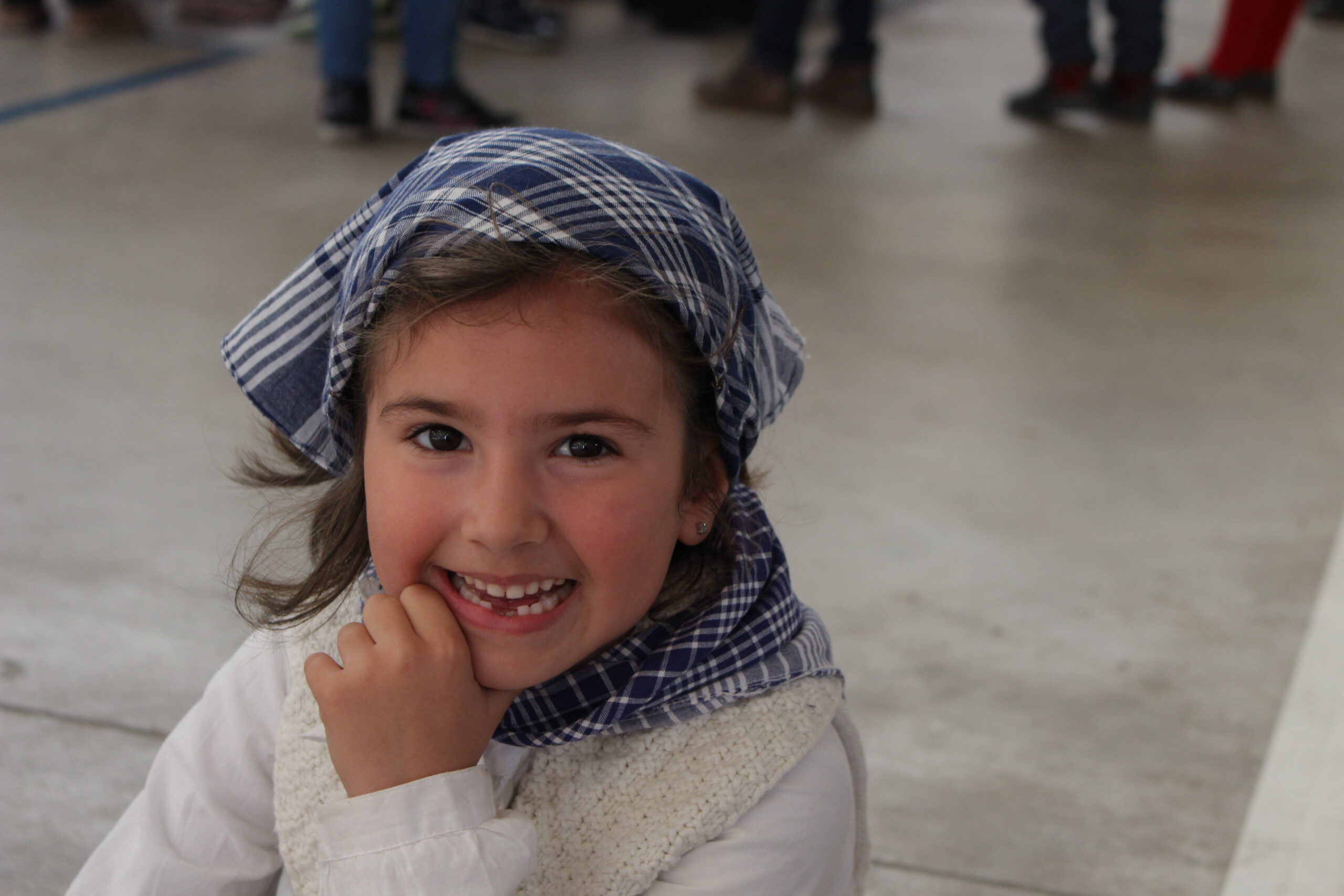0
You have 0 items in your cart
Lauaxeta’s students are Basque-speaking and plurilingual. To achieve this, we encourage them to speak Basque in their everyday lives and culture from a very young age. The aim is not only for them to achieve proficiency in the Basque language, but also to feel that they are Basque citizens.
Being Basque in the twenty-first century means being open to the outside world, so having an adequate level of skill in other languages and being able to respect and empathise with other cultures is an essential attitude.
Our goal is therefore that the students should not only have an adequate level of Basque, Spanish and English but also be proficient in a fourth language.
With this aim in mind, we have an overall linguistic project that covers all stages from Pre-primary to Post-secondary, with a teaching approach adapted to each age and stage of development.
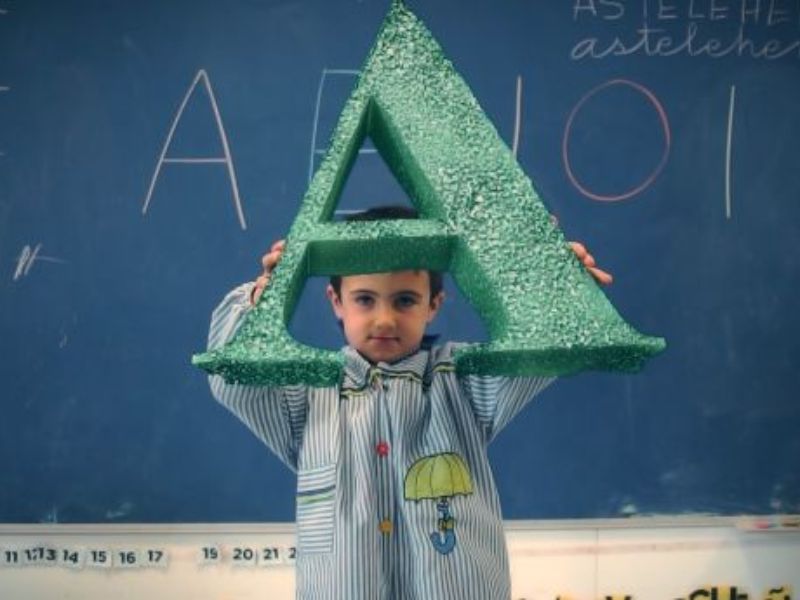
Speaking a language is a skill that is developed, as we learn and gradually enrich our vocabulary and expression. It is therefore of paramount importance that the students become accustomed to using a varied and appropriate vocabulary from early childhood onwards as each element has its own concept and they need to possess the relevant vocabulary and linguistic structures to describe emotions, feelings or day-to-day situations.
The richer their vocabulary is in their mother tongue, the more likely it is that they will have a rich vocabulary in other languages too. It is therefore important to talk to the children constantly about different topics and events, accustoming them to using the vocabulary as accurately as possible.
Knowing a culture is a crucial step towards feeling and appreciating it. The Pre-primary students are therefore presented with references to the Basque culture so that they can be aware of it and value it as they should when they are older.
Having references about Basque culture also helps them have references about other foreign cultures. Basically, by attaching importance to culture they learn that each country has its own cultural elements and that those of other countries should also be valued.
This aspect is also addressed through contact with different countries when the students are older. The students learn about how other people live to help them love and appreciate their own surroundings.
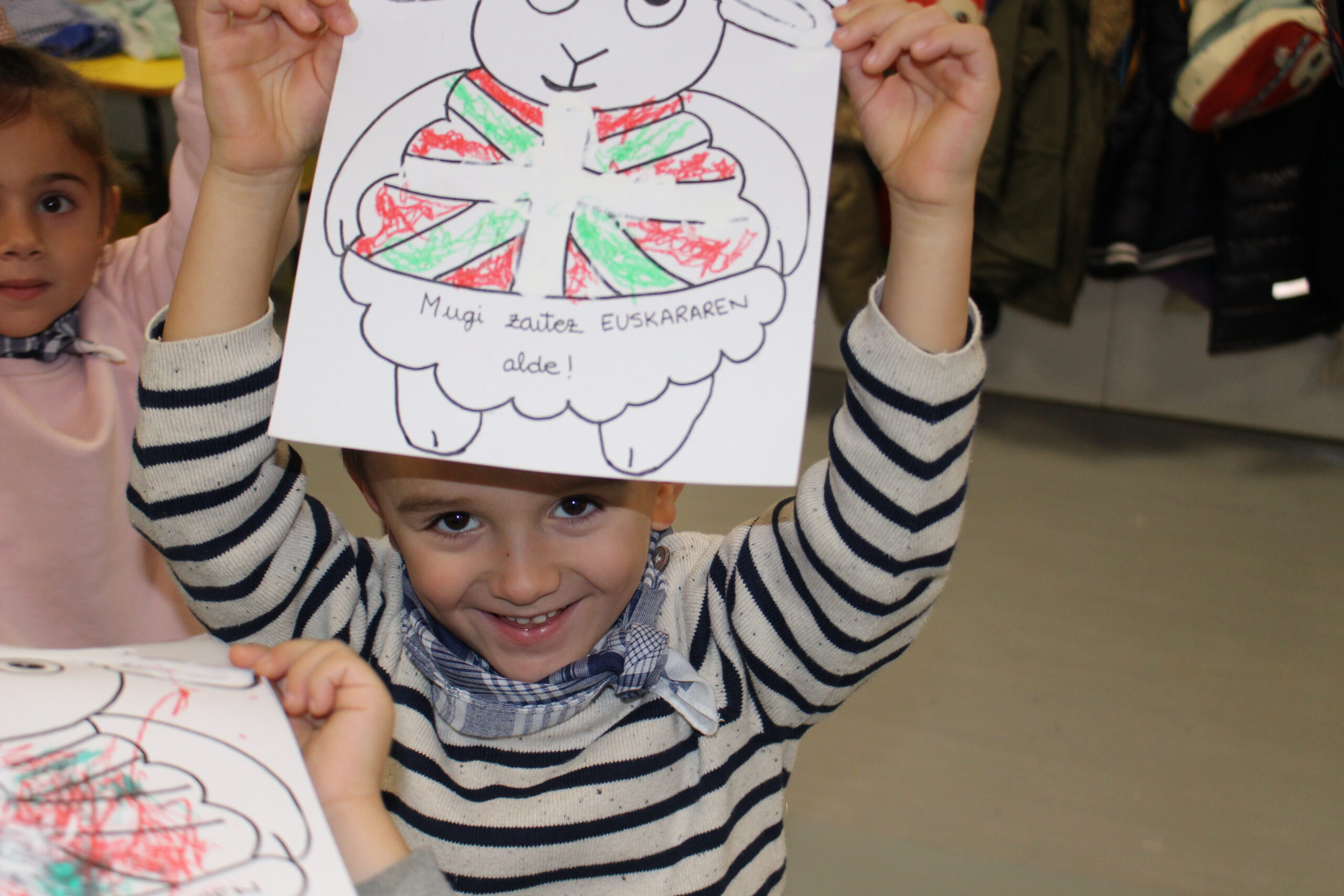
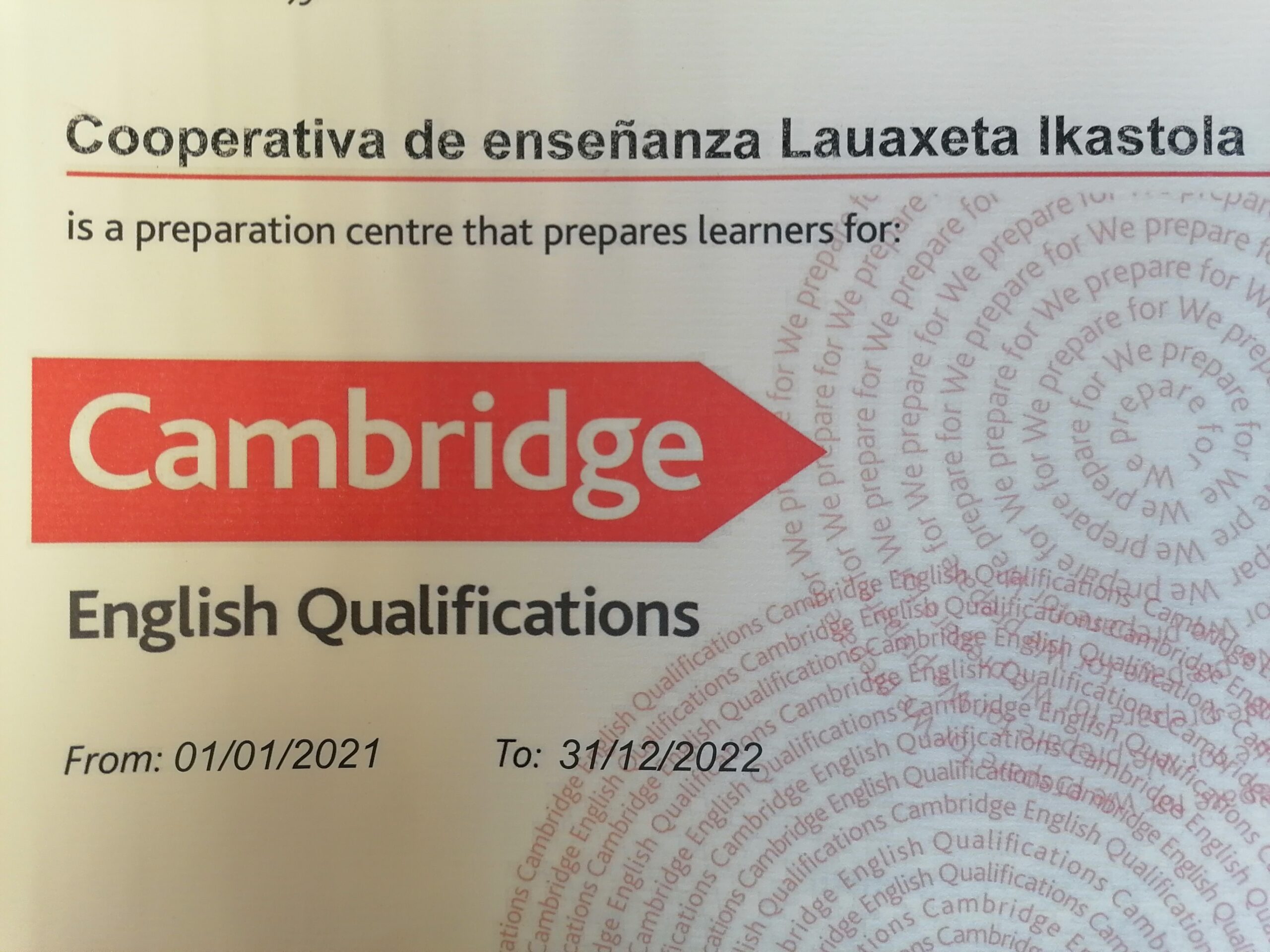
We encourage our students to be proficient in three or four languages. These skills will enable them to obtain formal accreditation certificates.
So, from the 6th year of Primary education onwards, all students take the exams to gain the corresponding English certificates. This is also the case for students in the second and fourth years of secondary and at post-secondary level.
As to the Basque language, we also encourage students in the first year of Post-secondary to obtain the C1 level certificate in Basque, and we offer them special training to prepare them better for this exam and their certification.
In the case of French and German, we also encourage them to take the external post-secondary level exams, in accordance with each student’s proficiency. The certificates they obtain at the end of the post-secondary stage are included in their languages portfolio.
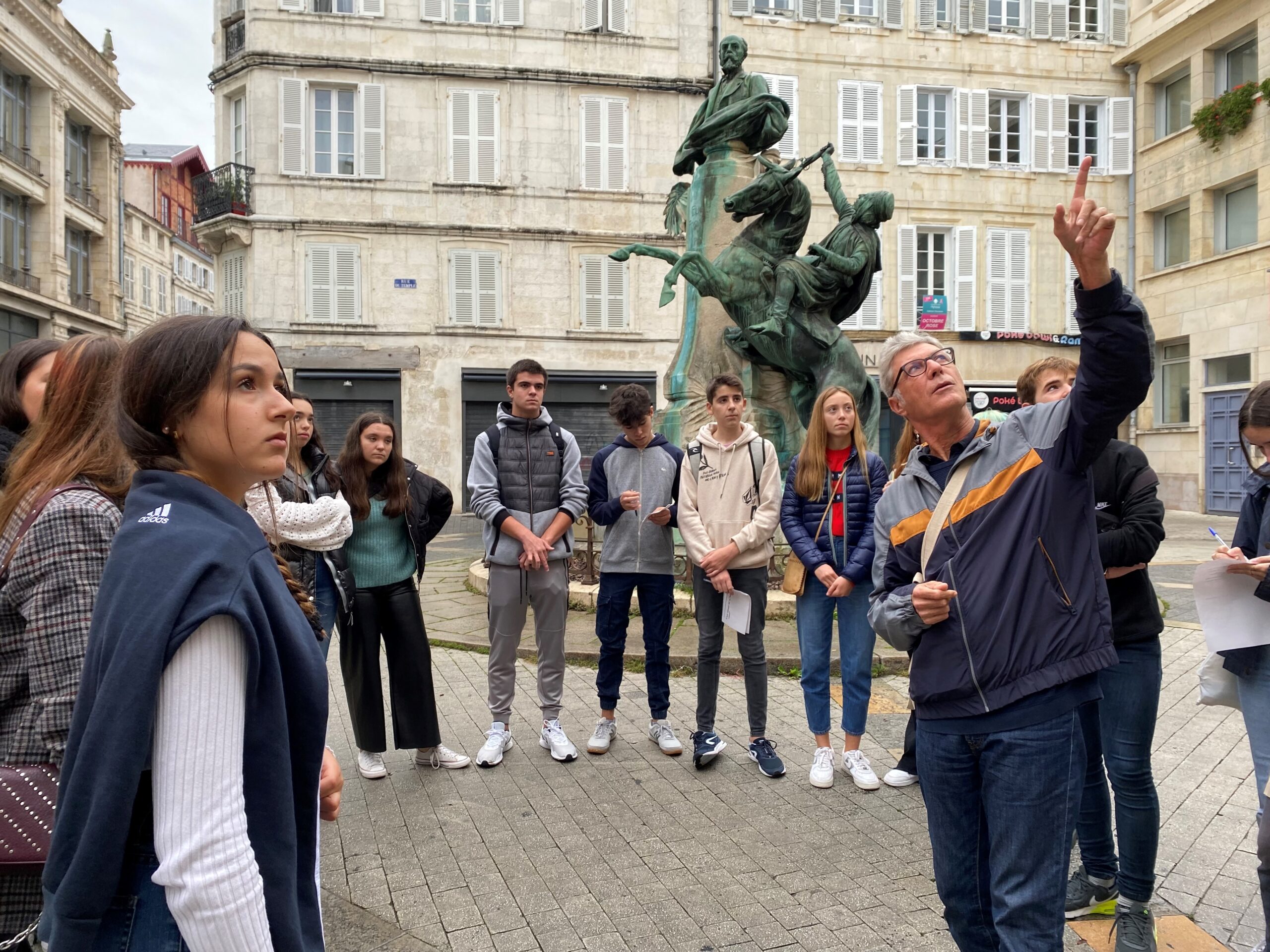
It is important to live a language if you really want to learn it, and Lauaxeta Ikastola therefore encourages the students to experience language immersions.
These learning experiences take the form of contacts and exchanges with students from other cultures and other countries. This makes them aware of the value of languages, and they can also observe that there are many different languages and that both language and culture are important to everyone.
The students begin to use English as a medium from Pre-primary level onwards, approaching the language in a fun, natural way.
At Primary level, in addition to studying English as a subject in itself they can also take Science classes in English, with a view to developing their communication skills and learning more vocabulary and different structures. Similarly, an extracurricular activity called Speaking is provided to all the students so that they can focus and improve their spoken English.
At secondary level they can also take Social Sciences in English, to continue enriching their vocabulary and awareness of the importance of suitably using their linguistic knowledge in the different areas.
At Post-secondary level, several subjects can be taken in English, including Marketing & Business and Scientific Culture. All the students also improve their communication skills through the Speaking activity at this stage.
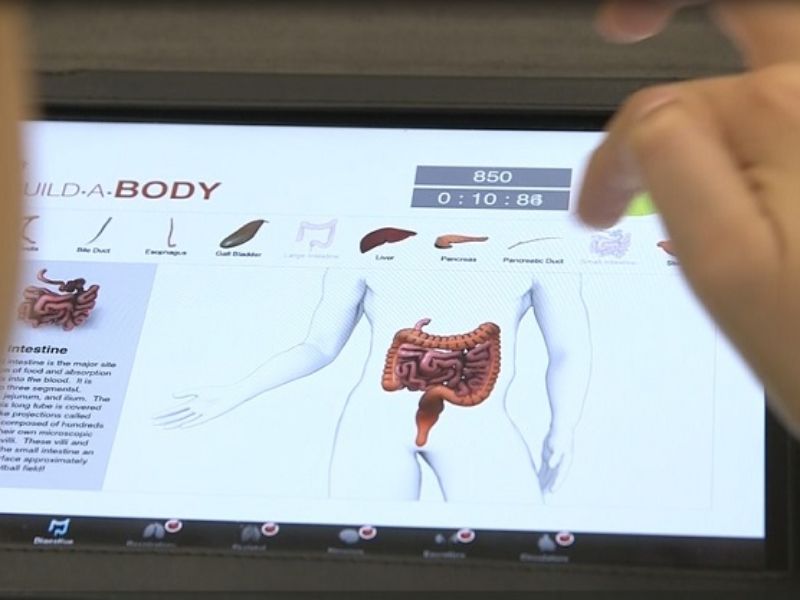
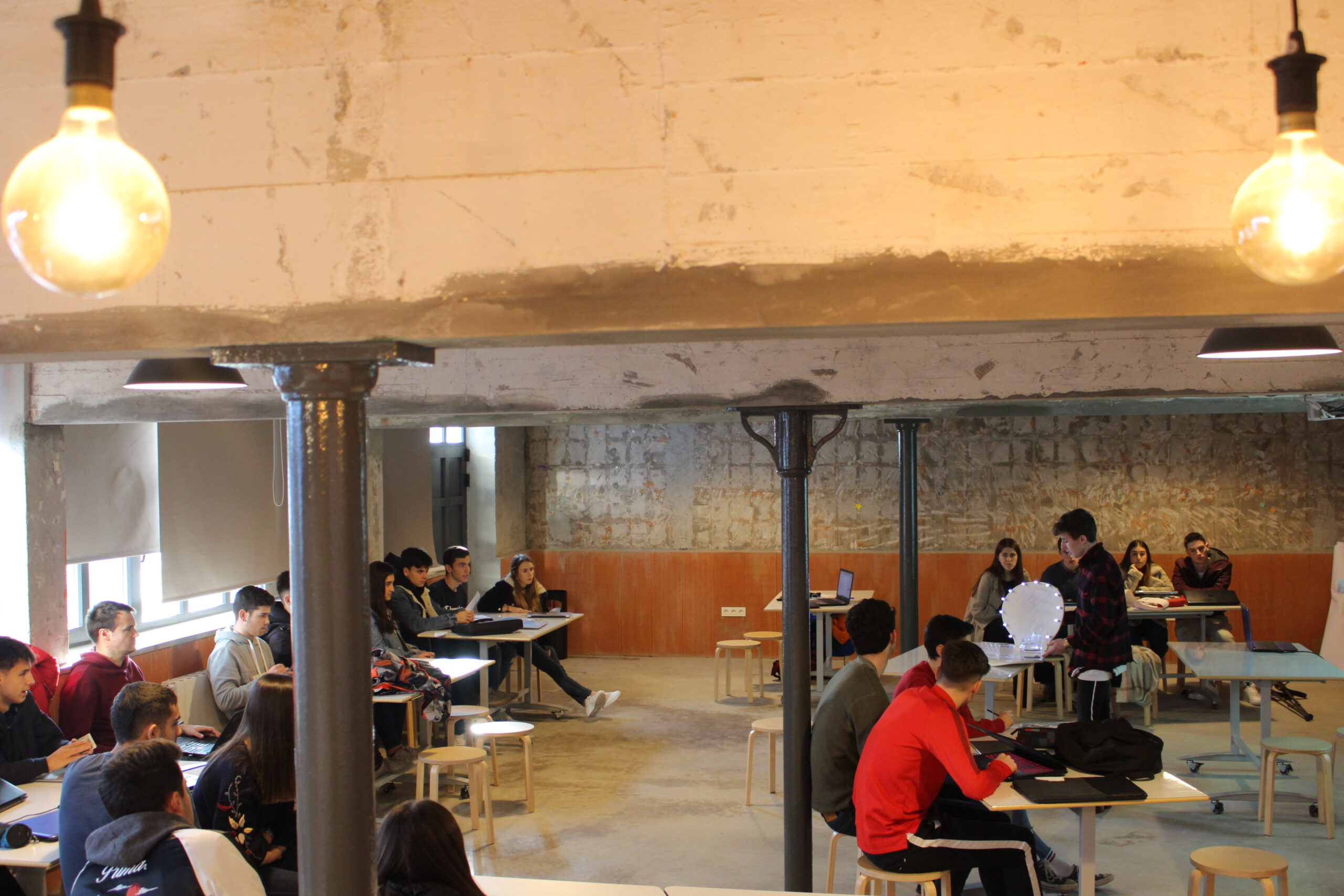
Students wishing to continue improving their languages also have the option of taking language subjects outside school times.
At the Pre-primary stage, all the students can attend Speaking during the midday break, and there is also a weekly Speaking session giving them more time to sing, play and communicate in English.
From Primary onwards they can take English as an extracurricular activity. English courses are held twice a week from 4.45 to 6.15 p.m. and each student joins a group of their level.
This approach continues at Secondary and Post-secondary level, and obtaining external certification at these two stages is seen as another learning objective.
In the first year of Post-secondary the students can also take the C1 level course in the Basque language in June before the school holidays. They must be aged 16 or over to take this exam.
They also have the opportunity of taking French as an extracurricular activity.
